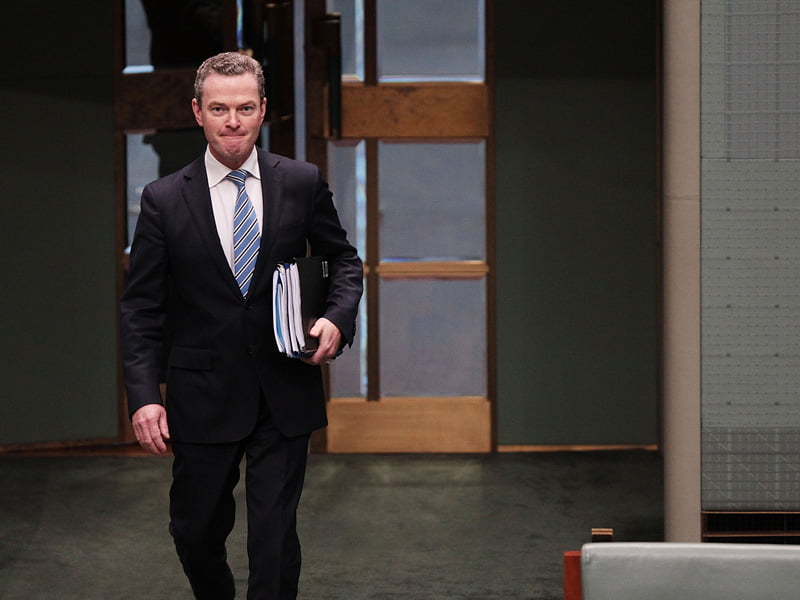The shape of the Turnbull Government’s increased focus on R&D is starting to form.
Minister for Industry, Innovation and Science Christopher Pyne has announced that applications are now open for the latest round of funding for Cooperative Research Centres (CRCs).
For the first time there will be an additional funding round for specific projects, which will be known as CRC-Ps. CRC-Ps are described a “small collaborations working on short project timelines with simple governance and administration arrangements.”

Mr Pyne said CRC-Ps will deliver a short term, industry-identified and industry-led collaborative research project to develop a product, service or process that will solve specific business problems and “deliver tangible outcomes. Projects should benefit SMEs and increase their capacity to grow and adapt in changing markets.”
CRCs have been around since they were established by the Hawke Government in 1990 as a way of bringing industry and academia together to develop and commercialise technology in a wide range of fields. The program has largely been successful, in areas as diverse as poultry, soil, water management and rail construction.
This will be the 18th round of funding since the program was first developed. Funding rounds are now annual, though funding for specific projects is a new concept.
Mr Pyne said the new funding rounds were the first to take place under the Government’s new CRC Program guidelines, which were announced in December.
“Improving collaboration between researchers and industry to cultivate a more innovative and entrepreneurial economy is a key pillar of the new National Innovation and Science Agenda,” he said.
“That’s why the Government committed to opening this CRC round as part of the agenda.
“The guidelines mean that funding will be prioritised to those CRCs and CRC-Ps that are aligned with the six Industry Growth Centres and the Government’s nine Science and Research Priorities.
“But the program will be flexible enough to address emerging priority areas and consider proposals from other industry sectors.”
Mr Pyne said traditional CRCs will support medium to long-term industry-led research, while CRC-Ps will focus on shorter term activity with an emphasis on involving SMEs.
“The CRC program has been successful over a long period of time in solving industry problems, and getting great Australian innovations – like the Cochlear ear implant – to market,” he said.
“We’ve placed industry at the front and centre of the CRC Program so we can build on our strengths in high quality research to improve the competitiveness, productivity and sustainability of Australian industries.”
Applications for funding for CRCs are now open, and close on 31 March.
Applications for CRC-Ps have also opened, and close on 17 March. Webinar information sessions will be held on 23 and 24 February.
Further information is available at www.business.gov.au/crc
Do you know more? Contact James Riley via Email.

